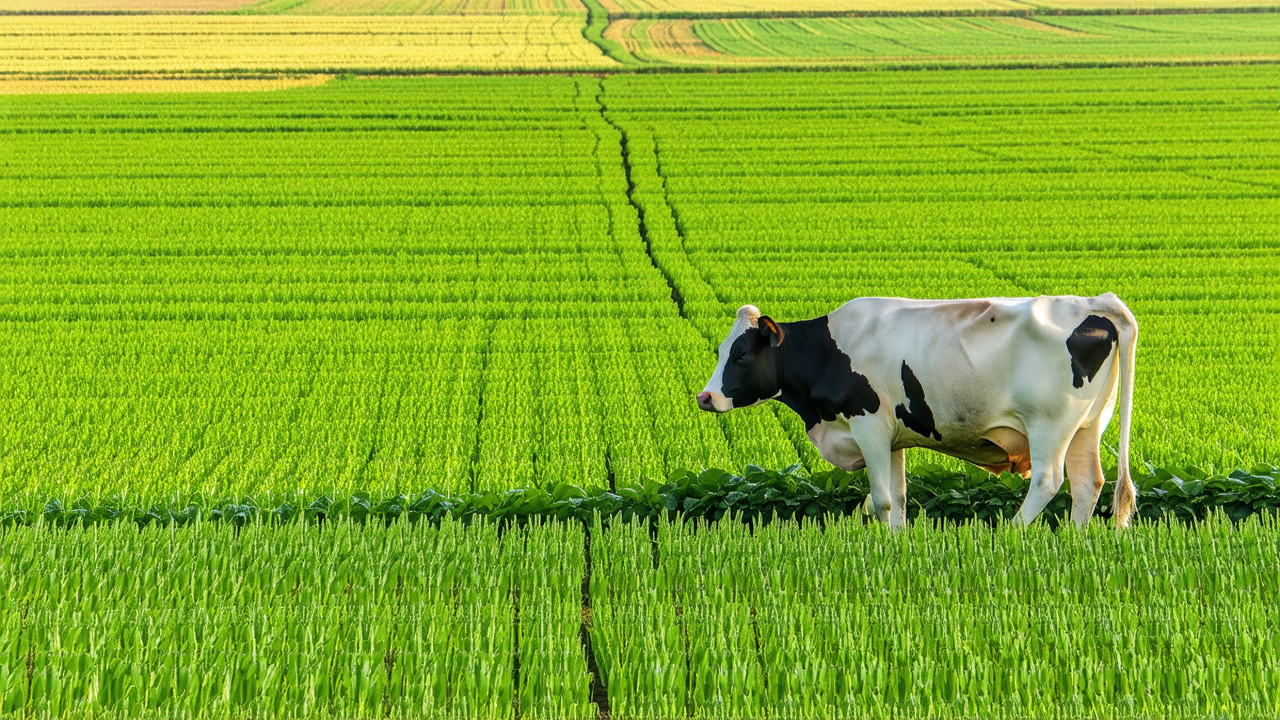New Zealand Food Security at Risk as Dairy and Meat Prices Soar, Warns KPMG
New Zealand Food Security at Risk as Dairy and Meat Prices Soar, Warns KPMG
As global attention turns increasingly toward food security, New Zealand faces a growing challenge: ensuring that its citizens have access to affordable food while maintaining the economic viability of its agribusiness sector. According to the latest KPMG Agribusiness Agenda, food security is being under-prioritized despite the rising cost-of-living crisis and increasing global focus on the issue.
At the heart of the discussion is Ian Proudfoot, the global head of agribusiness at KPMG and lead author of the Agribusiness Agenda, which has been published annually for 16 years. This year’s report highlights the urgent need for New Zealand to rethink its approach to food production, energy, and the bioeconomy.
Food Security as National Security
Proudfoot emphasizes that “food security is national security.” Despite the increasing awareness of food insecurity among New Zealanders, data shows that the subject has recorded the lowest score in surveys since they began. This discrepancy is alarming, especially as the cost-of-living crisis continues to impact households across the country.
While biosecurity remains the top priority for agribusiness leaders, food security is being overlooked. This is a growing concern as the global population increases and climate change exacerbates food production challenges.
Domestic Price Initiatives and Farmer Resilience
Proudfoot suggests that New Zealand should consider implementing domestic price initiatives, similar to those in other countries, to manage the cost of living. These initiatives involve government regulation or pressure on supermarkets to keep food prices stable.
“In many countries, governments are actively managing the cost of living by putting pressure on supermarkets not to increase food prices,” Proudfoot explains. “In New Zealand, this is also becoming a growing concern as we see the political consequences of rising food costs.”
He acknowledges that farmers may be hesitant to support such initiatives due to the high costs they already face. However, he believes that many would be willing to protect the New Zealand brand and contribute to domestic food security. “If we don’t have the ability to be resilient, it can very quickly become a part of how the food we export is viewed—are we exporting at the expense of our society?”
The Bioeconomy and Circular Solutions
Proudfoot also calls for a shift in perspective, urging New Zealand to embrace the bioeconomy and explore circular solutions for agricultural waste. He highlights the potential for bioenergy from agricultural byproducts, such as crop residues and animal waste, which can be used to generate renewable energy.
“If we can say to farmers that we are investing in a bioeconomy that offers new business opportunities, then the idea of finding circular solutions for everything they are growing starts to make sense,” Proudfoot says. “This approach ensures that farmers are paid for the full value of their farming system, including the biomass they produce, and that they are rewarded for sustainable practices.”
The Role of Data and Innovation
The 2025 Agribusiness Agenda also calls for the establishment of a national food and fibre data exchange to unlock value and accelerate innovation. Agribusiness leaders have cited poor data quality, challenges integrating technologies into farming systems, and unclear returns on investment as major barriers to progress.
Proudfoot believes that New Zealand must start having the same conversations about the bioeconomy that other countries have been having for years. “The three Fs—food, fibre, and fuel—are essential to the future of agriculture,” he says. “Why are we only able to talk about food and fibre, not the fuel part of the equation?”
The Future of Agribusiness in New Zealand
Proudfoot acknowledges that the most important job in New Zealand agribusiness right now is held by Mark Piper, CEO of the New Zealand Institute for Bioeconomy Science. The institute, formed by merging four Crown Research Institutes, aims to connect farmers to the bioeconomy and ensure the sustainability of the food sector.
“This organisation is crucial because it represents the future of a resilient food sector,” Proudfoot says. “If we can’t make farmers economically resilient, they will stop making food, and if food doesn’t arrive at the back door of the store, it’s not available at the front door.”
As the world continues to grapple with the challenges of climate change, energy security, and food production, New Zealand must take a proactive approach to ensure that its agribusiness sector remains sustainable, innovative, and resilient.
